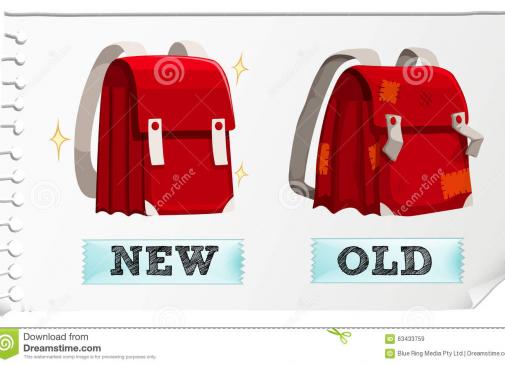European retail is struggling as a number of industry behemoths and traditional chains consistently fail to impress ever-so-demanding consumers. They missed the first opportunity to hop on the e-commerce bandwagon and now are lagging behind. On top of that, they cannot match their online competitors when it comes to innovating.
European retail is struggling as a number of industry behemoths and traditional chains consistently fail to impress ever-so-demanding consumers. They missed the first opportunity to hop on the e-commerce bandwagon and now are lagging behind. On top of that, they cannot match their online competitors when it comes to innovating.
Things have changed and product quality, customer loyalty and past achievements are no longer sufficient to grow business. To make it in retail, you must not fear innovation. Today, retailers either adapt to new circumstances, emerging consumer preferences and changing demand, or they simply die.
Innovation makes small-time retail matter
New techs and business models freed Europe's smaller retailers who once were blocked entry into the market by the market's heavyweights. This, coupled with an increased capital availability, gave small players wings, encouraging them to explore new niches and differentiate their offerings. Triggered by popularity of online shopping, the shakeup in retail forced incumbent retailers to bravely venture into the world of innovation. By developing new business models which may not be easily copied by the competition, they invest in long-term competitive advantage. To make profits, these retailers no longer depend on the brand recognition and legacy, placing emphasis on new ways of operating instead.
Identity, strategy, culture
Retailer's revenues will not grow overnight just because they invested in online channel and applications, while slashing costs is unlikely to immediately boost competitiveness. Instead, retailers must concentrate on several strategic priorities. For a start, each retailer should clearly define their identity, associated offering and how it will differentiate. Secondly, strategy matters. To be successful, retailers must implement it in a consistent and disciplined manner. One-stop shop approach is no longer a viable option for retailers who want to attract more clients. Accomplished innovators focus on their core business instead of trying to please everyone with their offering. Also, winning firms perceive their culture as their biggest strength. Celebrating it as the company's most valuable asset gives the organisation a huge leverage.
Source: http://www.strategyand.pwc.com










